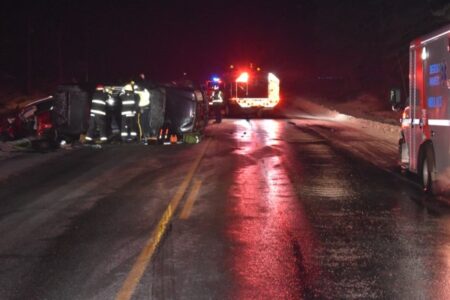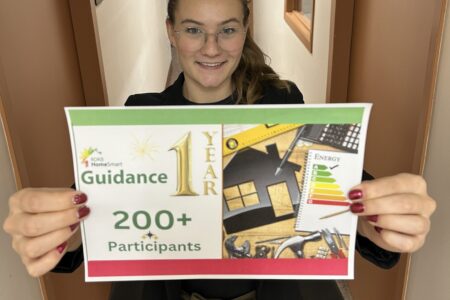COLUMN: A Bill to improve the Species at Risk Act
Last Friday, I tabled my Private Members Bill, C-363, in the House of Commons. This bill would patch a large loophole in the Species at Risk Act, or SARA, that has allowed previous governments to wilfully ignore scientific advice as to which species need protection in Canada.
SARA is designed to be transparent and timely. It is also politically flexible—governments can choose to list a species or not, but they must make the decision in a timely manner and give public reasons for their decisions. Under SARA, scientific advice is given to the government by the Committee on the Status of Endangered Wildlife in Canada, or COSEWIC, which reports annually to the Minister of Environment and Climate Change. In that report, COSEWIC notes the species it has assessed that year and the status it has assigned them—endangered, threatened, special concern, not at risk, etc.
Once the Minister has received the report, SARA gives the government nine months to consult stakeholders and decide what action to take, that is, to add the species to the list or not. If the government chooses not to make a decision, the assessment of COSEWIC stands and the species is automatically added to the list. The bill seems clear to most observers on this, but government lawyers felt there was enough ambiguity in the wording to say that the nine-month clock started ticking not when COSEWIC sent its report, but when the Minister advised cabinet of the assessments.
This allowed the previous Conservative government to avoid making any public decisions at all about endangered species. They simply made sure the Minister never told cabinet about COSEWIC’s advice. In the four years of that parliament, COSEWIC recommended that 82 species be added to the list; the government did not make a decision on any of them.
Full disclosure: before turning to politics I served as one of the co-chairs of COSEWIC for eight years. I can honestly say it is frustrating as a scientist to have your advice completely ignored by government, especially when that advice is written directly into legislation as something the government must consider. And it must report out on why it is accepting or rejecting that advice.
My bill would simply amend the listing clauses in COSEWIC to make it clear that the clock starts when COSEWIC provides its report to the Minister. I have adjusted the time limit to a full year to give the government more time to make necessary consultation.
I hope the government supports this bill, as it simply returns the Species at Risk Act to its original intent and force. That original intent was to combine scientific advice with political decision-making in a transparent process. Canadians could read the expert advice the government received and they could read the government’s response. It is that transparency that gives SARA the power it has in protecting our most vulnerable wildlife. And transparent, open governance is critical to lowering the level of cynicism that is so prevalent in politics today.
I look forward to hearing from you on this, and any other, matter. I can be reached at Richard.Cannings@parl.gc.ca.























Comments